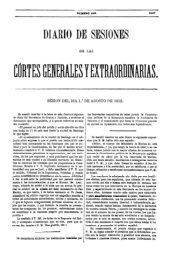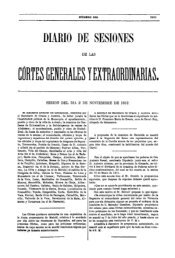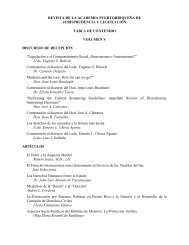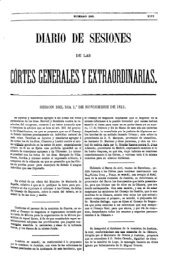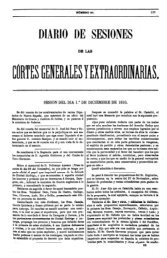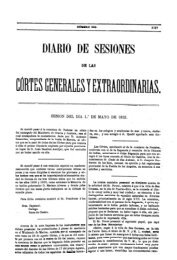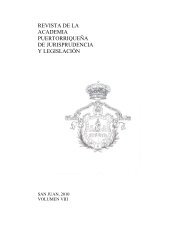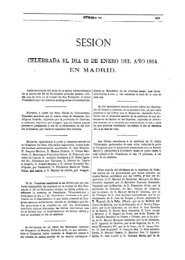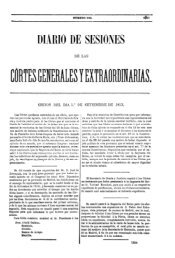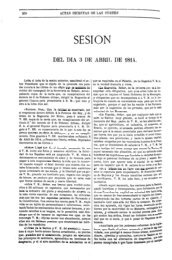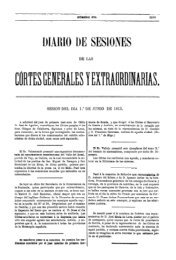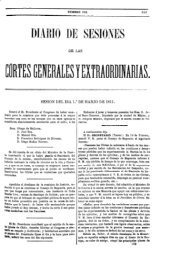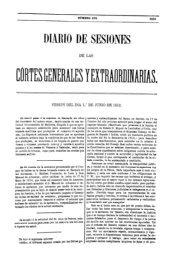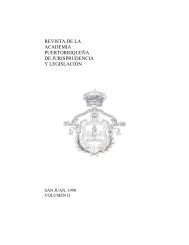Revista Volumen I (formato pdf) - Academia Puertorriqueña de ...
Revista Volumen I (formato pdf) - Academia Puertorriqueña de ...
Revista Volumen I (formato pdf) - Academia Puertorriqueña de ...
You also want an ePaper? Increase the reach of your titles
YUMPU automatically turns print PDFs into web optimized ePapers that Google loves.
Carmelo Delgado Cintrón 189cida y contorcida, o contorsionada (como algunos dicen) con vueltasy revueltas laberínticas don<strong>de</strong> el hombre más perspicaz y atentoconcluye por sentirse extraviado, anulado e impotente. Tanmalditísima lengua es no pocas veces producto <strong>de</strong> <strong>de</strong>ficiencia intelectualy mala educación académica <strong>de</strong> quienes la utilizan; pero,no con rara frecuencia, obe<strong>de</strong>ce a encubierto <strong>de</strong>signio <strong>de</strong> afán lucrativo;cual es el <strong>de</strong> enredar y prolongar in<strong>de</strong>finidamente las pequeñasdiferencias <strong>de</strong> or<strong>de</strong>n legal, pleitos y litigios, que a cada pasosurgen entre los hombres, y <strong>de</strong> esta suerte sacar más sustanciosojugo y todo el rendimiento posible a costa <strong>de</strong> los infelices litigantesy pleiteantes. Gran verdad encierra aquella maldición gitana:pleitos tengas y los ganes.El abogado Richard Hyland en su monografía titulada: "A Defense ofLegal Writing," 32 a<strong>de</strong>más <strong>de</strong> examinar la abundante bibliografía sobre eltema, achaca a diversas causas la pobreza <strong>de</strong> la expresión escrita. Una <strong>de</strong>ellas es el abandono <strong>de</strong> las humanida<strong>de</strong>s y las repercusiones <strong>de</strong> ello en elpensar conceptuoso.The difficulty lawyers face in learning to write legal argumentis that they have little access to training in conceptual thought, eitheroutsi<strong>de</strong> the law or within it. At one time, conceptual thinkingwas learned indirectly, by the reading of good books, but muchless of that is done today. By far the most powerful method wasinstruction in the classics. Through the careful fitting of word-towordand phrase to phrase in translation, the study of Latin andGreek traditionally provi<strong>de</strong>d an insight into the intimate relationbetween form and sense, language and argument. Even more importantly,the classics offered intimacy with a complex structure ofrules. In or<strong>de</strong>r to parse a Greek verb, the mo<strong>de</strong>rn rea<strong>de</strong>r must analyzeits half-dozen constituent elements and place it in one of themost intricate structures of rules and exceptions ever <strong>de</strong>veloped.Today, in the wake of the jet airplane, foreign language trainingemploys, almost exclusively, repetition and patterned variation, atechnique that yields no insight into the structure either of the foreignlanguage or of one's own. The schools have abandoned humanismand instead stumble to keep pace with technological <strong>de</strong>velopment.As a result, a reading knowledge of classical Greek isprobably as rare in contemporary America as it was in pre-32 Richard Hyland, ―A <strong>de</strong>fense of legal Writing‖, University of PennsylvaniaLaw Review, Volume 134, Number 3, March 1986, p. 599, la cita precisa es a laspaginas 621-622.



